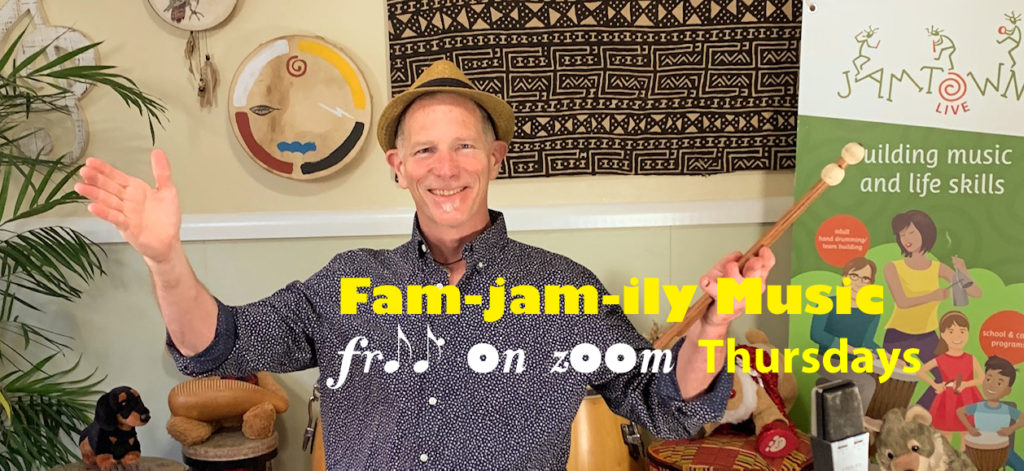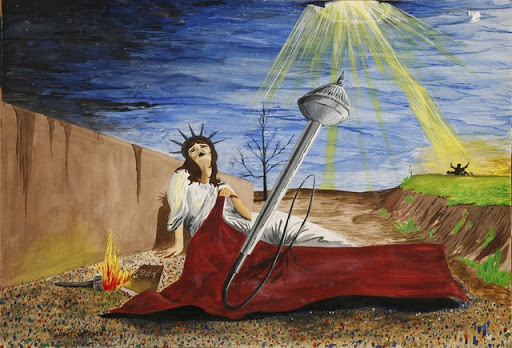Thinking about a heat pump to reduce your fossil fuel bills and make your home more comfortable? The Greensboro Energy Committee is here to answer your questions and point you in the right direction.
Efficiency Vermont has lots of resources and information to help you get started https://www.efficiencyvermont.com/Search?q=heat+pumps
Before going too far here are three basic questions to ask yourself.
- What are your comfort needs?
- What is your current heating system?
- What is your budget?
There are some great incentives and rebates you can check out at https://www.efficiencyvermont.com/wx as you begin your home weatherization process. There are weatherization steps you need to take before you even consider a heat pump system. You want to be sure your home is tight.
There are four different types of heat pumps, so answering the questions will help you when reaching out to a service provider. They are all great for open floor plans.
- Ductless mini-splits are the least expensive and easiest to install. Rebates are $350-$450.
- Ducted systems give you the opportunity to have multiple units in the home. This is a great whole house solution and can often be tapped into existing duct work if you have some. Rebates are $1000-$2000.
- Air to Water heat pump systems require a thermal heat storage tank and need to be connected to the hot water distribution in the house. The technology on this is still evolving.
- Ground Source heat pump systems require an engineer and the drilling of a number of wells determined by the size of your home. This is the most expensive system.
Additionally, you can potentially take advantage of 0-low% loans of up to $20,000, depending upon your household income, if you work with a certified Efficiency Excellence Network contractor who can be found a https://www.efficiencyvermont.com/find-contractor-retailer#/
With the current financing incentives and rebates, there is no time like now to weatherize your home and take steps to reduce fossil fuel bills.



